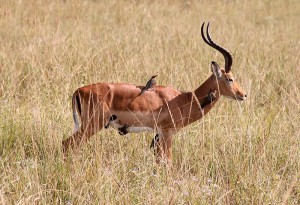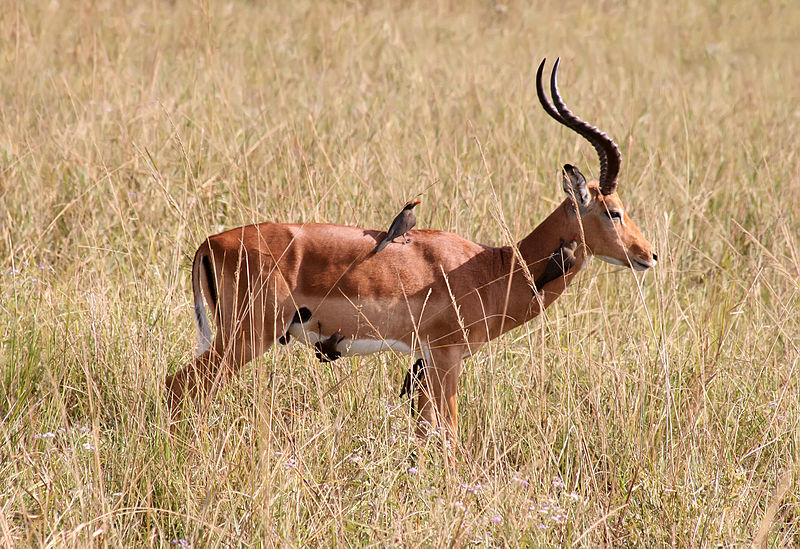
No man is an island; the same could be said for the millions of life forms that populate our planet. Think of all the ways in which organisms interact with each other through predation, parasitism and the countless symbioses. Sometimes a pair of interacting partners can become inextricably linked such is their mutual dependence. Each one may provide the other with a resource it’s unable to obtain on its own.
A recent collaboration explored instances when these interactions lead to the loss of a trait and showed the fragility of this situation. One of the examples the authors use is an ant species that farms fungus. The fungus provides the ants with all the arginine (an amino acid) they need so they have lost the ability to synthesise it themselves. Thus anytime an ecological interaction involves some provision of a resource by one partner to another the evolutionary pressure is removed and the trait can be lost in the species receiving the goods. In other words we end up getting ‘compensated trait loss’ due to the ecological interaction. This can tighten a symbiosis from a facultative to an obligatory one.
But the fragility of compensated trait loss should be obvious now. In the ant example, were the fungus to go extinct the ant would disappear along with it. It’s like the ecological interaction is undermining all the good work done by natural selection in providing the ancestral ants with all the traits they need. The authors reckon that trait loss is “grossly underestimated” which puts many species in a precarious position in this age of mass extinction. Although there have been some instances where the trait was recovered, in flagrant disregard for Dollo’s law. Some of these law breakers include parasitic insects who regained their ability to synthesise lipids once the provision was lost.
A difficulty in studying these systems is how to detect when trait loss is taking place. A decreased expression of some gene in some members of a population would probably be reported as natural variation. But with ever improving molecular techniques we will be able to get a better estimate of the number of compensated trait loss interactions.
Author
Adam Kane: kanead[at]tcd.ie
Photo credit
wikimedia commons

